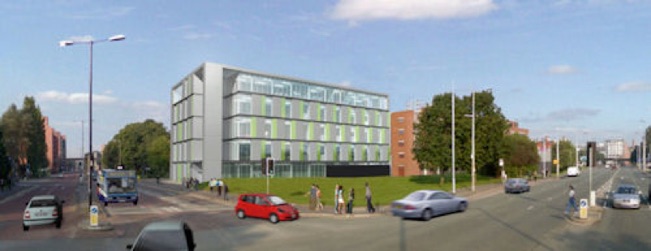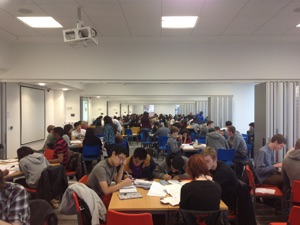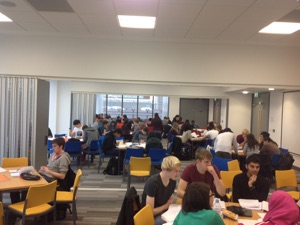Enquiry Based Learning 2011/13
Chemical Engineering - CHEN 20014

I taught this course to the first year Undergraduate students in Chemical Engineering and Analytical Science at the University of Manchester between 2011 & 2012.
Problem Based Learning
You cannot teach a man anything;
you can only help him discover it in himself.
– Galileo Galilei.
In theory, there is no difference between theory and practice;
Experience suggests that in practice there is.
When Frank Whittle told Ernest Hives that
”simplicity was a hallmark of his Jet Engine”,
the Director of Rolls Royce replied
”We’ll soon design the bloody simplicity out of it”,
The three laws of Thermodynamics:
You cannot win,
You cannot even break even,
You cannot get out of the game.
– Richard Feynman.
Engineers like to solve problems,
If there are no problems handily available,
they will create their own problems
– Scott Adams


Enquiry Based Learning?
Enquiry Based Learning in the School of Chemical Engineering and Analytical Science is used to promote group learning and team working amongst Chemical Engineers. This offers an alternative to the traditional Lecture and Tutorial approach often used in academic teaching.
EBL runs for all first year undergraduate students in Chemical Engineering and Petroleum Engineering, during their time at the University of Manchester, and is supported by postgraduate students from the school.
The subject material covered in EBL sessions is taken from the core subjects covered in the first year of the Chemical Engineering Degree, and comprised of :-
- Chemical Reaction Engineering
- Engineering Chemistry,
- Engineering Design
- Engineering Maths (1 & 2)
- Fluid Flow,
- Thermodynamics,
- Transport Phenomena,
The booklet provided to all students is intended to promote interactive learning, with the students taking emotional responsibility for their own study programmes.
EBL sessions are run in the custom build EBL workspace in the James Chadwick Building, with a
capacity of 220 students across six rooms, each with integrated and linked AV systems.